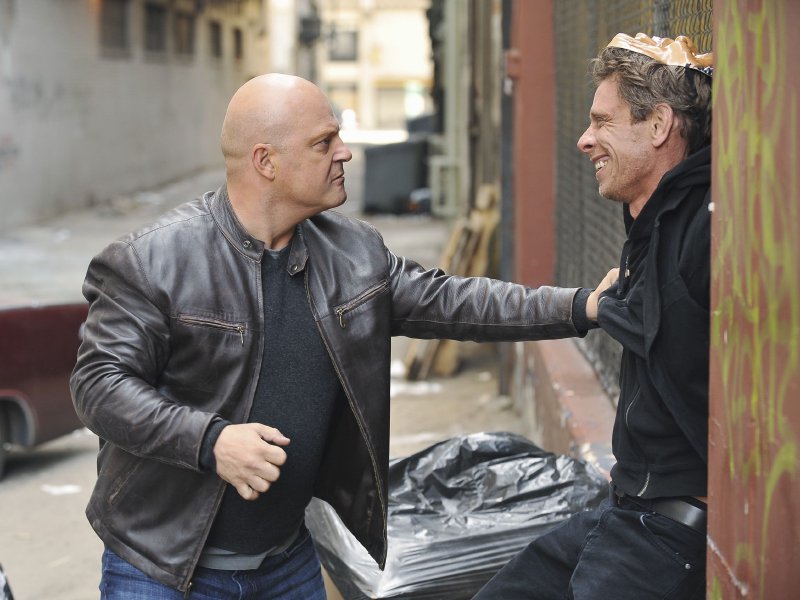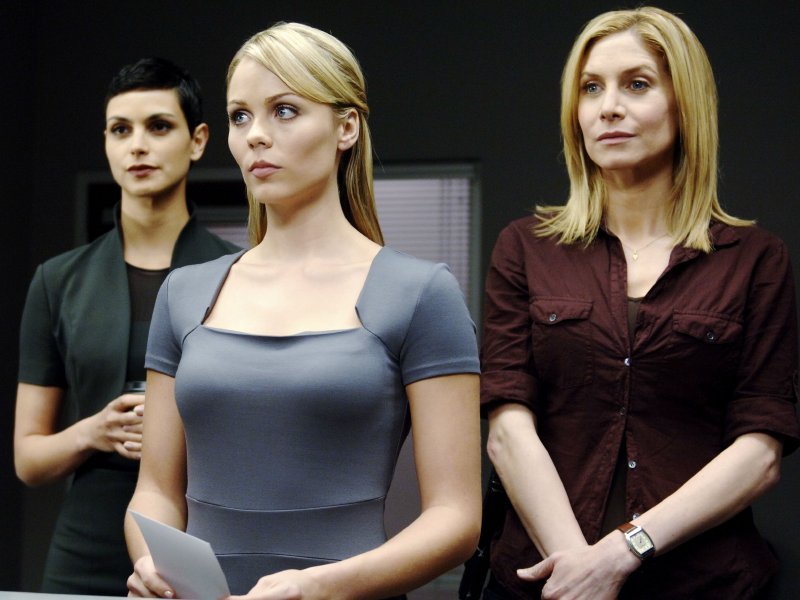I couldn't sleep Friday night -- partly because of the humidity and part because of the noise emanating from the new bar next door.
While I would normally flip through the channels, I glanced at my bookshelf and thought about tackling one of the many tomes sitting on the shelves, unread and collecting dust. Instead of digging into my "must-read" list, I chose to pull off one of my favorites, a dog-eared, coffee stained copy of "The Real McKay" by legendary sportscaster Jim McKay.
Little did I know that in a few hours McKay, 87, would be gone.
Few sportscasters today would last a week by emulating McKay's calm, no-nonsense and minimalist style. Where a crisis like the 1972 Olympics, where 11 Israeli athletes were taken hostage and brutally murdered, would incite around-the-clock, non-stop coverage; McKay -- anchoring for hours -- summed up the days events with three simple words: "They're all gone."
McKay inspired me to get into sports. Sure, as a boy growing up in Milwaukee, Robin Yount was my hero. But it didn't take me long to realize I would never patrol the infield at County Stadium. Nor would I ever stand on a podium in some foreign land, a precious metal draped around my neck while my country's anthem played before the world.
My friends wanted to be like Greg Louganis, Michael Jordan or Carl Lewis. Me? I wanted to be like Jim McKay, sitting in a studio, telling the world what was happening.
Today, years after I last saw it on television, I can recite the opening line by heart: "Spanning the globe, to bring you the constant variety of sport ... the thrill of victory..." and of course, emblazoned on my mind is Vinko Bogtaj, tumbling off of a ski jump, representing the "agony of defeat."
McKay never apologized for being a "homer." He didn't have to. His style made it possible for him to show the sheer excitement that only sports can elicit. The way he sat in awe as people celebrated the Miracle on Ice in 1980 and his emotion as Bob Beamon won long jump in 1968.
At the same time, there were times he needed to say very little, as he did when Arnold Palmer birdied the last two holes to clinch the 1960 Masters Championship.
"Arnold Palmer is the Masters champion for 1960," McKay told views. It doesn't get much simpler than that.
Ask anybody that works in sports what name comes to mind first, and nine times out of ten the answer will be Jim McKay. In those days before ESPN revolutionized the day we watch and follow sports, McKay was as commonplace on the air as SportsCenter anchors are today.
That familiarity and exposure had an effect on local sportscasters, too.
"He blazed a trail in the industry; a master of the spoken word," said Brewers TV announcer Brian Anderson. "He was one of the few in the profession who could perfectly, and instantly, capture the tone and relevance of the moment for the audience."
Others remember McKay being a reason for getting into the business.
"He was one of my first examples of a sportscaster," said WISN 12 sports anchor Andy Kendeigh. "He was one of the first images I had of a guy with a microphone. He was the first national sports figure that I remember.
"I was too young for Munich, but I remember him as the guy doing the Olympics. More for me it was seeing him on Saturday or Sundays doing "Wide World of Sports" on ABC. To this day, I hear the theme music and I see the skier."
Fox 6's Tom Pipines has spent more than 25 years telling Milwaukeeans how their teams and favorite athletes fared recalls not only McKay's lengthy history as a journalist, but the way he did his job with compassion and humility.
Pipines looks to McKay's work at the now-infamous '72 games as a perfect example of his talents.
"What most impresses me is how much compassion, concern he had," Pipines said. "Through it all, he held it together; he was a consummate journalist. As everything was coming in spontaneously, he did an incredible job keeping the world informed and yet there was calmness and a peace that you got that seemed to transcend everything going around.
"Not to make light of a tragic situation, we weren't going to bring them back, but if you had to hear the news, you wanted it to come from him. You could feel his hurt and pain."
McKay, the first sportscaster to win an Emmy award, not only established modern American sportscasting, he continues to be standard others are judged by. His abilities as a writer - he began his career as a police reporter for the Baltimore Sun - helped him get beyond the mechanics and statistics of a game.
His ability to tell the story behind the game helped him transcend sports.
"He set a standard to which we all aspire but very few reach," Pipines said. "He is a giant in our profession. People often talked about sports departments being the playground of a newsroom, but he made it possible for us to think of ourselves as journalists."
"Wide World of Sports" is gone. The Olympics have become a corporate moster invaded by professionals. But McKay lives on, through videotape, through the stories, and through the sports he introduced us to.
Those of us that have ever dreamed of sitting down at a keyboard or picking up a microphone have him to thank. Not just for getting us interested in this business, but for keeping us entertained during our formative years.







